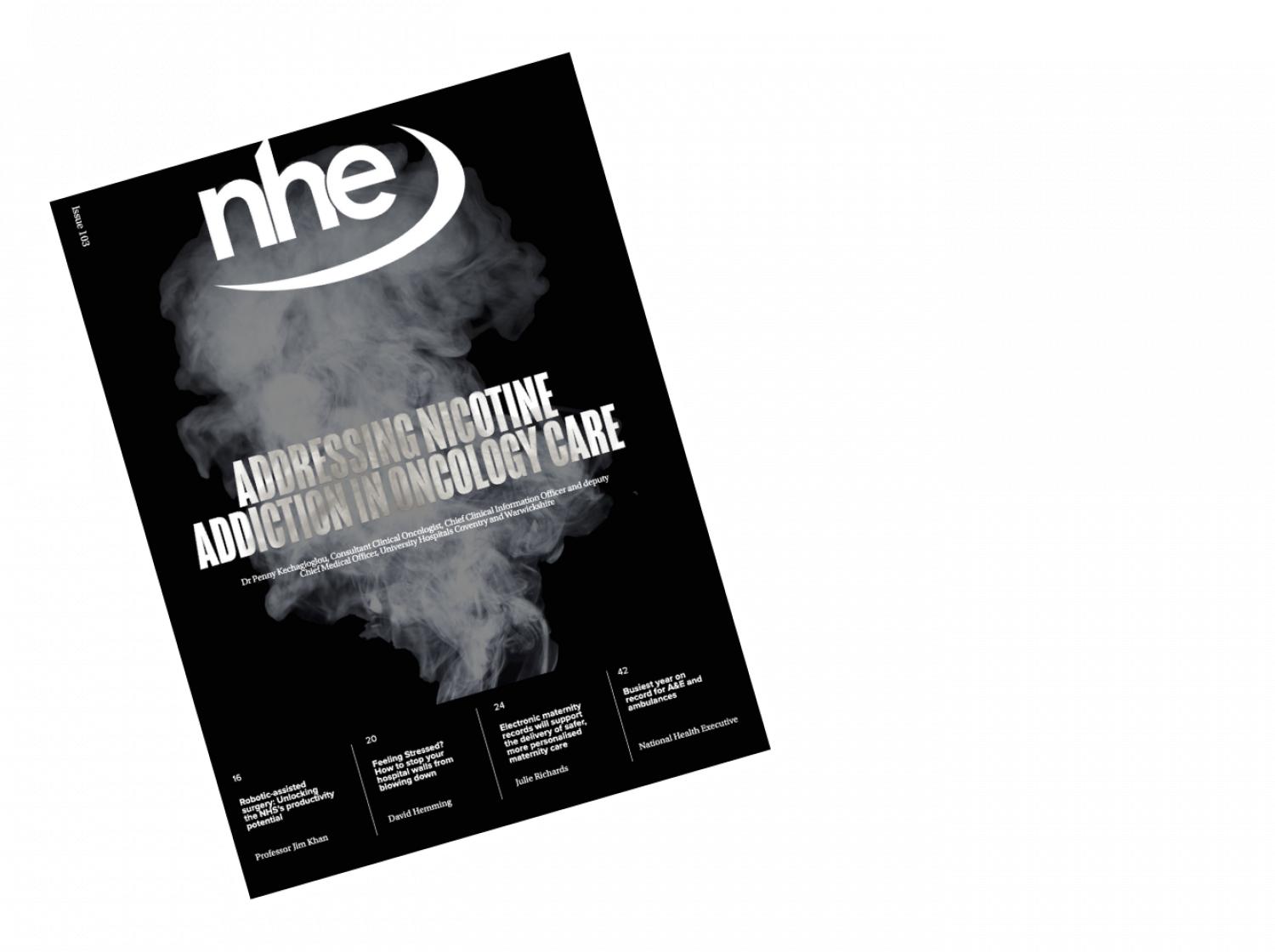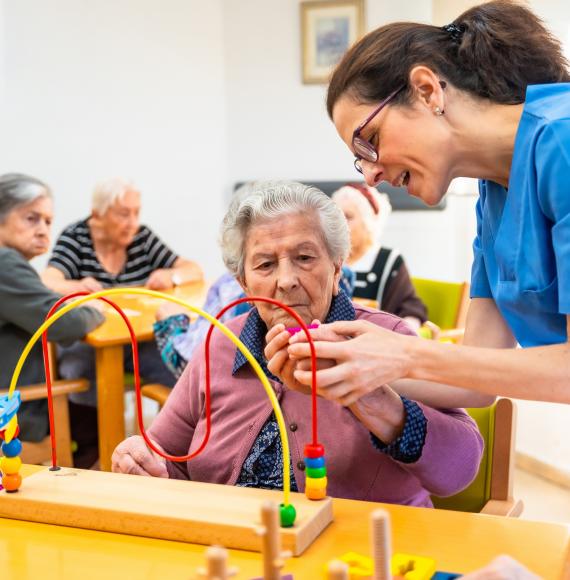The government must make a more concerted effort to deploy an inclusive approach to cutting waiting lists if it wants to better tackle health inequalities, The King’s Fund has warned.
The conclusion comes from a new report showing that, during August 2022, patients who lived in the most deprived areas of England were more than twice as likely to experience waits of over a year for elective treatment compared to people in the least deprived areas.
The research suggests the disparities are a result of variations in how local NHS organisations have gained understanding of why different groups have unequal experiences.
After reviewing evidence from board meeting papers and three in-depth case studies, the research team said that an inclusive approach to recovery is not yet embedded because of:
- A lack of analytical resources
- The need to better educate the workforce around the rationale behind the new approaches
- NHS organisations not being held accountable
Crucially, a lack of clear vision from national leaders as to why inclusive recovery matters to the delivery of better, fairer services is also earmarked as another reason.
The think tanks states that, without a commitment to a more inclusive approach, the government risks the inequalities deepening.
“It is possible for the NHS to tackle long waits for care and to do this in a way that doesn’t widen the already shameful inequalities that have plagued the NHS in England for decades,” commented Ruth Robertson, one of the authors of the report and a senior fellow at The King’s Fund.
“But to realise this ambition and make good on its promise to ‘build back better’ after the pandemic, the government must now provide greater emphasis and clarity on how it expects waiting lists to be tackled more fairly.”
She continued: “An inclusive approach should be embedded at the heart of any future plans for elective recovery.”
To read The King’s Fund’s full report, click here.
Image credit: iStock



















